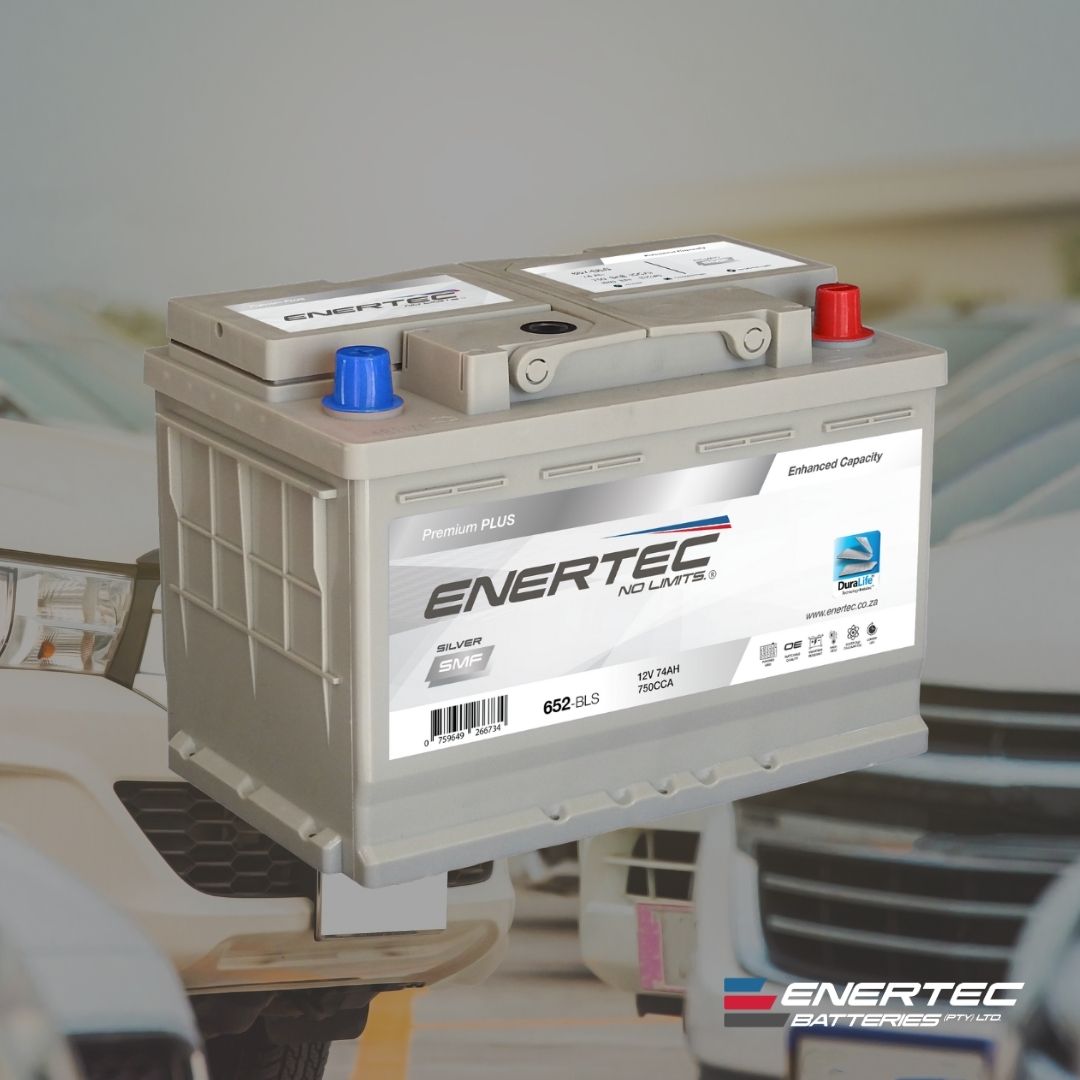2023-06-21 18:16:32
How Renewable Energy Solutions offer a brighter future to South African businesses
The world is moving towards a future where renewable energy will play a critical role in powering economies and reducing greenhouse gas emissions. There is a global public and private sector push towards renewable energy as a key driver for a sustainable future, and South Africa is not left behind in this trend.
Future of renewable energy in South Africa
South Africa has set ambitious targets to reduce its reliance on fossil fuels and increase the share of renewable energy in the national energy mix. In 2011, the country launched the Renewable Energy Independent Power Producer Procurement Programme (REIPPPP), which aims to encourage private investment in renewable energy projects. The programme has already added around 6 000 MW of renewable energy capacity to the national grid and aims to generate 18 gigawatts (GW) of renewable energy by 2030.
The South African government has also implemented various policies and incentives to support the transition to renewable energy. One such policy is the Integrated Resource Plan (IRP), which sets out the country's energy mix for the next 20 years. The plan includes a significant increase in renewable energy capacity, with wind and solar photovoltaic (PV) technologies expected to contribute the most to the energy mix.
South Africa has also taken significant steps towards promoting renewable energy in the private sector. Many businesses in South Africa have recognized the benefits of renewable energy and are increasingly investing in solar, wind, and other renewable energy projects. This trend is not limited to large businesses only, with small and medium-sized enterprises also taking advantage of renewable energy incentives and financing schemes.
The growth of renewable energy in South Africa has also led to job creation and economic growth. Renewable energy projects require significant investment, and this has led to the creation of new jobs in the construction, operation, and maintenance of renewable energy facilities. The growth of the renewable energy sector has also led to the development of new industries, such as the manufacturing of solar panels and wind turbines, providing additional economic benefits.
The good news is that renewable energy sources such as solar power are becoming more accessible and affordable for South African businesses as well. With the country's abundant sunshine, solar power is an obvious solution to the energy crisis.
How businesses can benefit from solar energy?
As a business owner, the thought of investing in solar power may seem daunting. However, there are many benefits to installing solar panels that can make it a worthwhile investment in the long run. Businesses in South Africa can reap several benefits from adopting solar energy, including tax benefits, reduced power utility bills, and minimized equipment damage from uninterrupted power supply (UPS) systems.
1. Tax incentives
One significant advantage is the availability of tax incentives and deductions for businesses investing in solar energy. Through Section 12B of the Income Tax Act, businesses can claim tax deductions for qualifying renewable energy investments, including solar installations. This means that businesses can deduct a portion or even the full cost of their solar energy equipment from their taxable income. These tax benefits not only help to offset the initial investment but also contribute to long-term cost savings for businesses.
2. Reduction in power bills
Another key advantage of solar energy for businesses is the substantial reduction in power utility bills. By generating their own electricity from solar panels, businesses can significantly reduce their reliance on grid power. Solar energy systems can generate a substantial portion, if not all, of the electricity required to power a business's operations. This independence from the grid not only reduces energy costs but also protects businesses from rising electricity prices and potential power outages during load shedding or other disruptions.
3. Longevity for business equipment
In addition to cost savings, solar energy can also contribute to the longevity and reliability of a business's equipment. Traditional power outages or fluctuations in the grid can cause damage to sensitive electrical equipment, resulting in costly repairs or replacements. By installing solar energy systems coupled with uninterruptible power supply (UPS) systems, businesses can ensure continuous and stable power supply, safeguarding their equipment from sudden power disruptions. This combination provides businesses with a reliable and clean energy source, minimizing the risk of equipment damage and associated downtime.
How can businesses use solar energy?
Businesses that generate more energy than they need can feed the excess energy back into the grid and receive credits on their utility bills. Alternatively, excess energy can be stored in battery energy storage systems. These products can be used to power the business during times when solar panels are not at their full generative capacity, such as at night or during cloudy weather.
Net metering and feed-in tariffs are two key mechanisms that enable businesses to benefit from solar energy by either reducing their energy costs or earning income from their excess electricity generation.
Net metering
Net metering is a billing arrangement that allows businesses and homeowners with solar energy systems to receive credit for the excess electricity they generate and feed back into the grid. Under net metering, the electricity meter measures both the electricity consumed from the grid and the excess electricity generated by the solar panels.
The excess electricity is then subtracted from the electricity consumed, resulting in a "net" amount that is billed to the customer. This means that businesses and homeowners only pay for the net electricity they consume, effectively reducing their energy bills.
Feed-in tariffs
Feed-in tariffs, on the other hand, provide a financial incentive for businesses to generate renewable energy by offering a guaranteed payment for each kilowatt-hour of electricity they produce and feed into the grid. This allows system owners to earn income from their solar energy system by selling the excess electricity they generate back to the grid.
Both net metering and feed-in tariffs encourage the adoption of solar energy by providing financial incentives and promoting the integration of renewable energy into the existing power grid. Additionally, solar energy also reduces the damage that businesses may incur from power outages, load shedding, and other power disruptions. With a reliable solar energy system in place, businesses can avoid losing valuable data and equipment damage caused by power interruptions.
The financial benefits of solar energy for businesses are substantial. Solar panels are an investment in a business's future, as they can significantly reduce energy costs and provide long-term savings. With solar energy, businesses can lock in their energy costs and protect themselves from the rising cost of electricity. Additionally, solar energy systems have a long lifespan and require minimal maintenance, providing businesses with a reliable and cost-effective energy source for years to come.
Overall, the future of renewable energy in South Africa looks promising, and solar energy is likely to play a significant role in the country's energy mix in the years to come. Solar energy offers a multitude of benefits for businesses in South Africa. From tax incentives and reduced power utility bills to the protection of equipment from uninterruptible power supply systems, solar energy provides a compelling solution for businesses seeking energy efficiency and cost savings.
Enertec Energy, with its range of high-quality solar energy products, stands ready to assist businesses in South Africa in their journey towards energy self-sufficiency and long-term financial stability. Embracing solar energy is not only a wise business decision but also a step towards a greener and more resilient energy landscape. Invest in solar energy today and unlock the benefits that it brings to your business.



